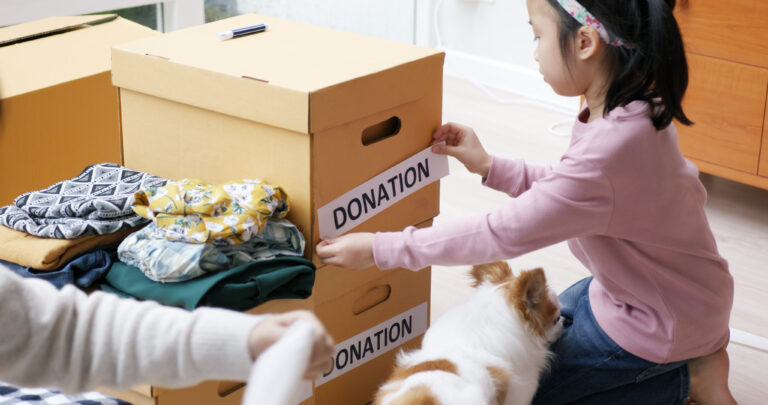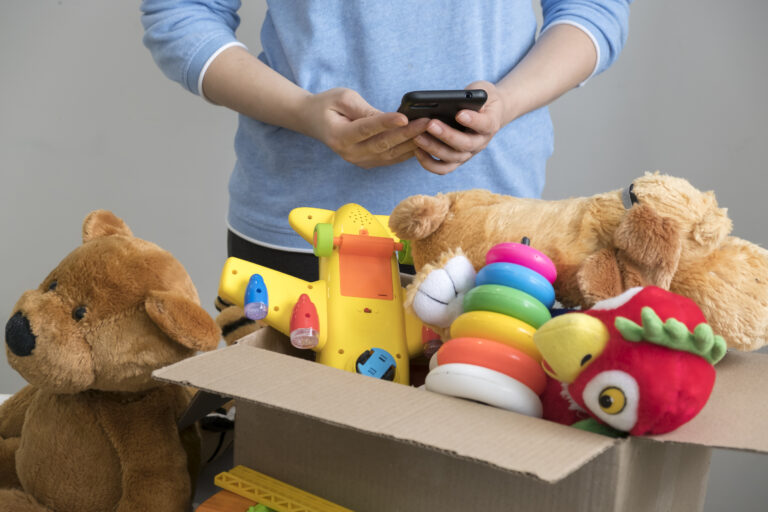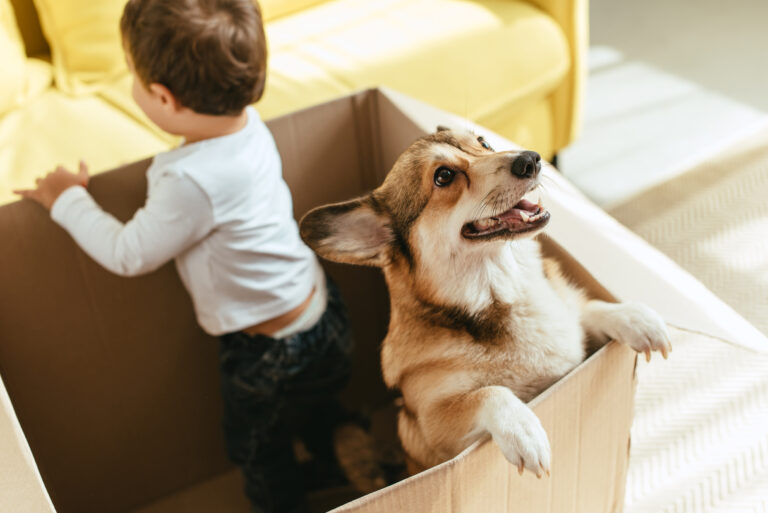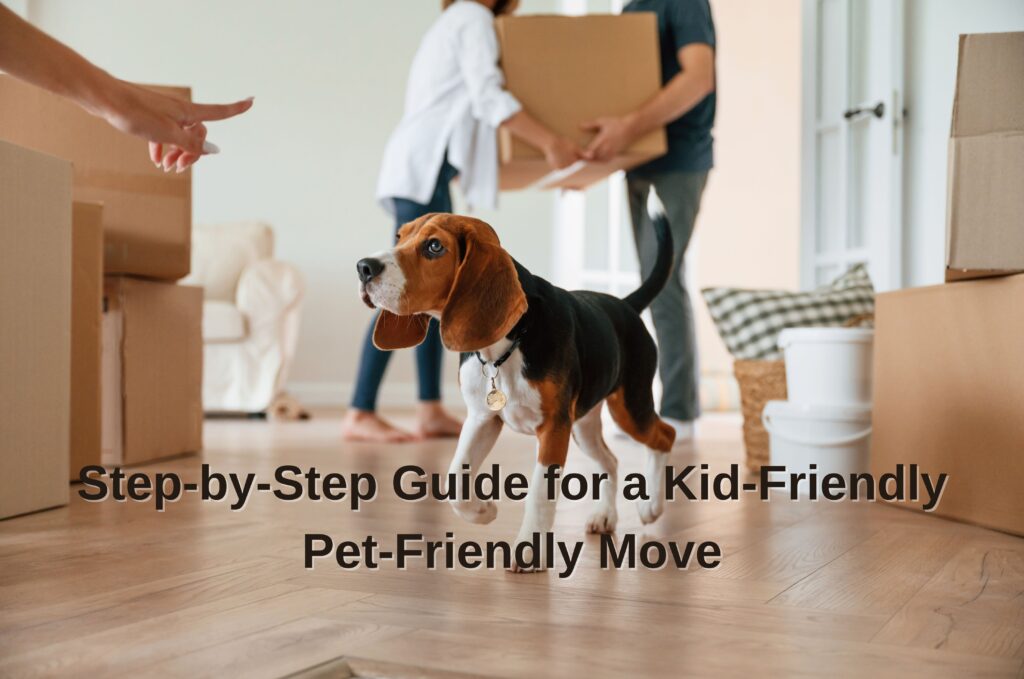Table of Contents

Step 1: Plan Ahead
Start Early
Begin planning your move as soon as possible. Create a comprehensive checklist that includes everything from notifying utility companies to organizing packing supplies. Early preparation reduces last-minute stress and allows time to address unexpected issues. If you’d like to learn more about moving companies, then read our blog All You Should Know About Moving Companies.
Involve Your Kids in the Process
Explain the reasons for the move and encourage kids to express their feelings. Use maps, pictures, or videos to introduce them to the new home and neighborhood. Letting them participate in decisions, such as decorating their new room, can make them feel more excited about the change.
Prioritize Pet Preparations
Schedule a vet appointment to ensure vaccinations and health records are up to date. If traveling long distances, ask for advice on managing travel anxiety for your pet. Research pet-friendly accommodations if you’ll need to stay overnight during the move.
Step 2: Declutter and Organize
Involve Kids in Decluttering
Encourage kids to sort through their belongings. Use this as an opportunity to teach them about donating to charity or recycling old toys and clothes. Turn decluttering into a fun activity with music or small rewards for their efforts.
Assess Your Pet’s Needs
Go through your pet’s supplies, like bedding, toys, and grooming items. Discard worn-out items and restock essentials. This is also a good time to purchase a sturdy carrier or crate if you don’t already have one.
Minimize What You Move
Reducing the number of items you transport makes the move easier and less overwhelming for kids and pets. Keep only items that are meaningful, functional, or essential for the new home.


Step 3: Pack Strategically
Create Kid and Pet Essentials Boxes
Pack separate boxes for items your children and pets will need immediately after the move. Include:
- For kids: Favorite snacks, small toys, art supplies, books, pajamas, and school supplies.
- For pets: Food, water, bowls, a familiar blanket, medications, and waste disposal items (like litter or poop bags).
Make Packing Interactive for Kids
Let kids decorate their moving boxes with stickers or drawings. This keeps them engaged and helps them easily identify their belongings later.
Secure Items for Pets
Store fragile or hazardous items in secure, pet-proof containers. Ensure all travel crates or carriers are clean, well-ventilated, and comfortable for your pet.
Step 4: Prepare for Moving Day
Set Up a Safe Space
Before movers arrive, designate a secure, quiet space for your kids and pets. Equip this area with toys, snacks, and water to keep them occupied and relaxed.
Hire Childcare or Pet Care
If possible, arrange for a trusted friend, family member, or professional service to look after your kids and pets during the most hectic parts of moving day.
Stick to Routines
Despite the chaos of moving day, try to maintain normal meal times, play schedules, and nap times. Familiarity will help both kids and pets feel more secure.

Step 5: Travel with Care
Plan the Journey
For long-distance moves, plan rest stops for meals, bathroom breaks, and pet exercise. Keep snacks and entertainment on hand for kids and ensure your pet has access to fresh water throughout the journey.
Keep Identification Handy
Ensure pets are wearing ID tags with updated contact information, and keep any necessary documentation (like vaccination records) within reach. For kids, consider giving them small travel kits with activities to keep them occupied during the trip.
Step 6: Transition Smoothly Into the New Home
Settle Kids First
Unpack and organize your children’s rooms as soon as possible. Familiar surroundings, like their favorite bedding and toys, can make the transition easier.
Create a Comfort Zone for Pets
Designate a quiet area where your pet can relax and feel secure. Use familiar items like their bed or favorite toys to make them feel at home.
Explore Together
Take kids and pets on a guided tour of the new home and backyard. Show them where their items will be stored and create excitement about their new environment.
Step 7: Help Everyone Adjust
Introduce New Routines Gradually
If the move involves changes in daily schedules, introduce these adjustments gradually. This is especially important for kids transitioning to new schools or pets adapting to new walking paths.
Encourage Socializing
Help kids make friends in the neighborhood by attending local events or visiting nearby parks. For pets, arrange playdates with other pets in the area to build familiarity.
Be Patient
Adjusting to a new home takes time. Be supportive of your children and patient with your pets as they adapt. Offer reassurance and positive reinforcement to make the process smoother.



